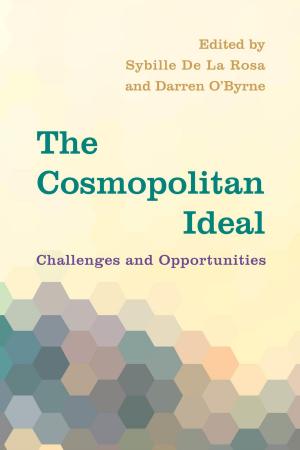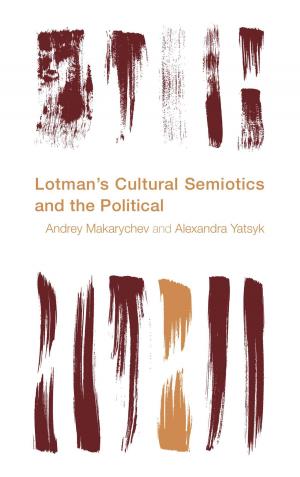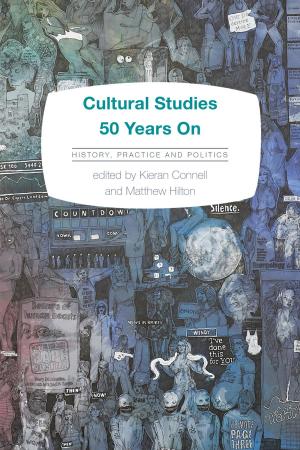Thinking Catherine Malabou
Passionate Detachments
Nonfiction, Science & Nature, Science, Other Sciences, Philosophy & Social Aspects, Religion & Spirituality, Philosophy, Political| Author: | ISBN: | 9781786606938 | |
| Publisher: | Rowman & Littlefield International | Publication: | March 28, 2018 |
| Imprint: | Rowman & Littlefield International | Language: | English |
| Author: | |
| ISBN: | 9781786606938 |
| Publisher: | Rowman & Littlefield International |
| Publication: | March 28, 2018 |
| Imprint: | Rowman & Littlefield International |
| Language: | English |
This volume contributes to the growing body of literature exploring the work of contemporary French philosopher Catherine Malabou. Through its fifteen contributions, including two previously untranslated essays by Malabou, the volume explores the various ways in which Malabou's thought both performs and furnishes resources for the negotiation of philosophy's attachment and detachment from itself and other disciplines. What kind of interaction can philosophy have with either science or politics without conquering them? How does one carry out philosophy while subverting it, changing it, directing it on or opening it up to different pathways?
The chapters explore the detachment of Malabou from her own philosophical training in deconstruction, the theme of habit and the question of new attachments, detachments through the relation of Malabou's thought and science, and the detachments that transpire through philosophy's confrontation with politics. In order to have a future, philosophy must detach from its own tradition and passionately confront questions of race, gender, and colonialism.
This volume contributes to the growing body of literature exploring the work of contemporary French philosopher Catherine Malabou. Through its fifteen contributions, including two previously untranslated essays by Malabou, the volume explores the various ways in which Malabou's thought both performs and furnishes resources for the negotiation of philosophy's attachment and detachment from itself and other disciplines. What kind of interaction can philosophy have with either science or politics without conquering them? How does one carry out philosophy while subverting it, changing it, directing it on or opening it up to different pathways?
The chapters explore the detachment of Malabou from her own philosophical training in deconstruction, the theme of habit and the question of new attachments, detachments through the relation of Malabou's thought and science, and the detachments that transpire through philosophy's confrontation with politics. In order to have a future, philosophy must detach from its own tradition and passionately confront questions of race, gender, and colonialism.















